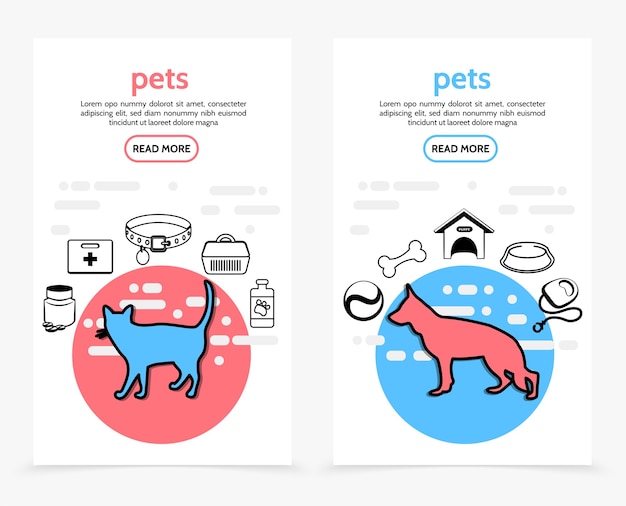Liver Disease in Pets
What Is Liver Disease in Pets?
The liver is a crucial organ that performs a variety of processes, such as nutrient conversion and digestion, toxin clearance from the blood, and vitamin and mineral storage. It’s also very vulnerable to harm from a variety of causes because it helps the body get rid of so many chemicals.
A lot of pet owners are aware of the typical health issues that pets encounter, including skin infections, dental disease, and ear infections. It isn't always simple to spot the symptoms of less obvious illnesses such as liver disease in our furry friends. Rest assured that liver illness in pets is common and very treatable. If your pet is displaying symptoms of liver disease or if your veterinarian has already made a diagnosis, you can get right into treatment.
Since early detection and rapid treatment are so crucial for trying to save your pet's life and make sure they enjoy the longest, healthiest, and most comfortable life possible, it is imperative that pet owners become more aware of the symptoms of liver disease in pets.
When any of the liver's functions are disrupted, a pet will develop liver disease. The following are some of the most common causes of liver disease in pets:
- Vomiting
- Diarrhea
- Weight loss
- Poor appetite
- Lethargy and fatigue
- Gastrointestinal problem
- Drinking less or more than usual
People sometimes mistake these symptoms for simply being a natural part of a pet becoming older, but because liver disease symptoms can range widely, if you observe any of the above symptoms, no matter how subtly, please schedule an appointment with one of our veterinarians.
Causes Of Liver Disease In Pets
- Infectious diseases or poisons are the most common causes of acute liver failure.
- Inadequate fluid delivery to the liver and other areas.
- Being unable to breathe.
- Substances that harm the liver, such as medications or chemicals.
- Excessive heat exposure.
- Free radicals are primarily stored in the liver due to their oxidative activities. In the body, free radicals accumulate like rust and destroy cells, leading to a weakened liver in the end.
How To Treat Liver Disease In Pets
Acute liver failure must be treated in a hospital, while chronic liver failure is treated by treating the liver illness that is causing it. The major components of treatment and care include restoration of fluids and electrolytes, colloid (the gelatinous substance required for healthy thyroid function), and oxygen supplementation.
Since the liver can regenerate, if a liver illness is detected early enough, pets can recover and resume their normal, happy lives. However, in more serious cases it would require intensive care, or the liver disease could potentially be too far along to be treated.
Liver failure can be prevented by immunizing canines against the contagious canine hepatitis virus which causes an acute liver infection, and by refraining from using medications that contain potentially hazardous hepatotoxins.
A pleasant, healthy outcome for your pet can be greatly improved by early detection, and the complete avoidance of liver failure in pets is possible through prevention. The finest food for your pet will go a long way toward preventing liver issues, but keeping an eye on their general health is just as crucial. Thanks to early discovery and treatment, many medical conditions like this one can be curable.
Do not hesitate to contact East Montgomery County Animal Hospital in Conroe, Texas if you are concerned that your pet may have liver disease, or is already displaying signs of it. Please give us a call today to make an appointment for your pet.





















